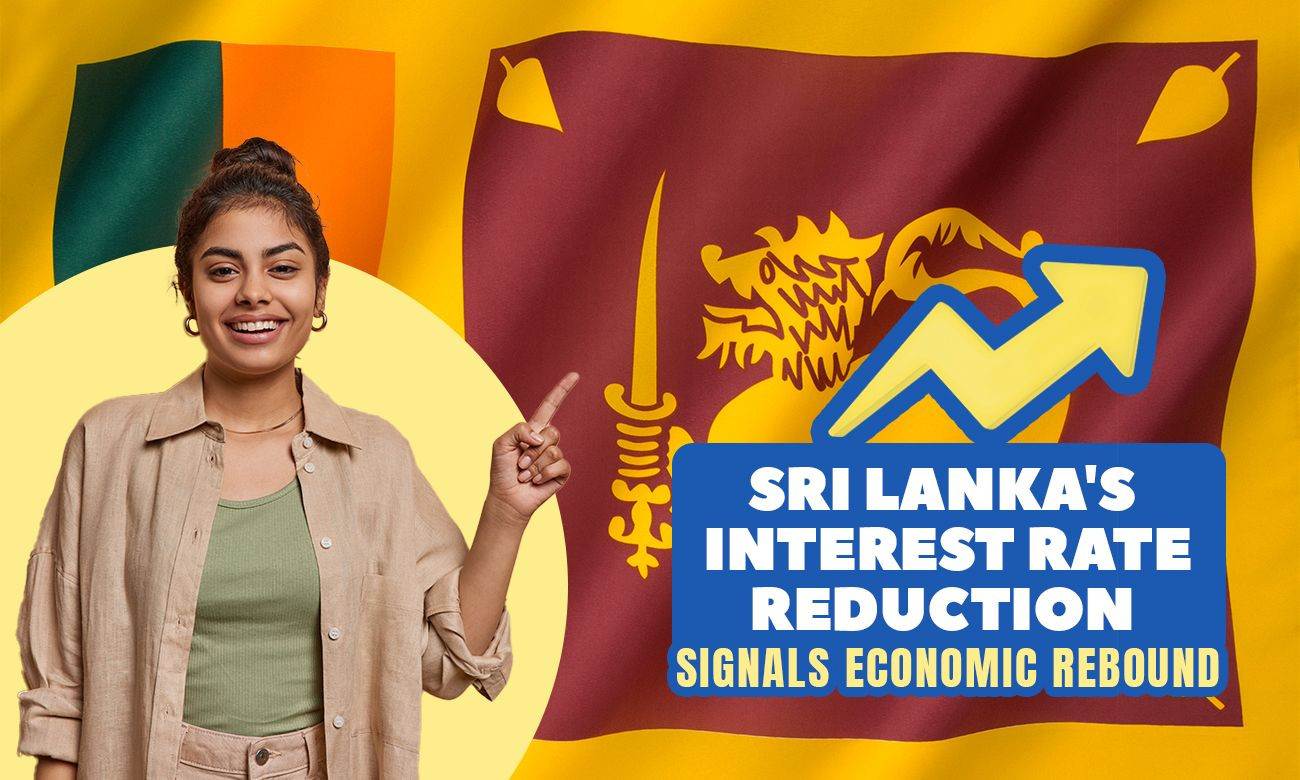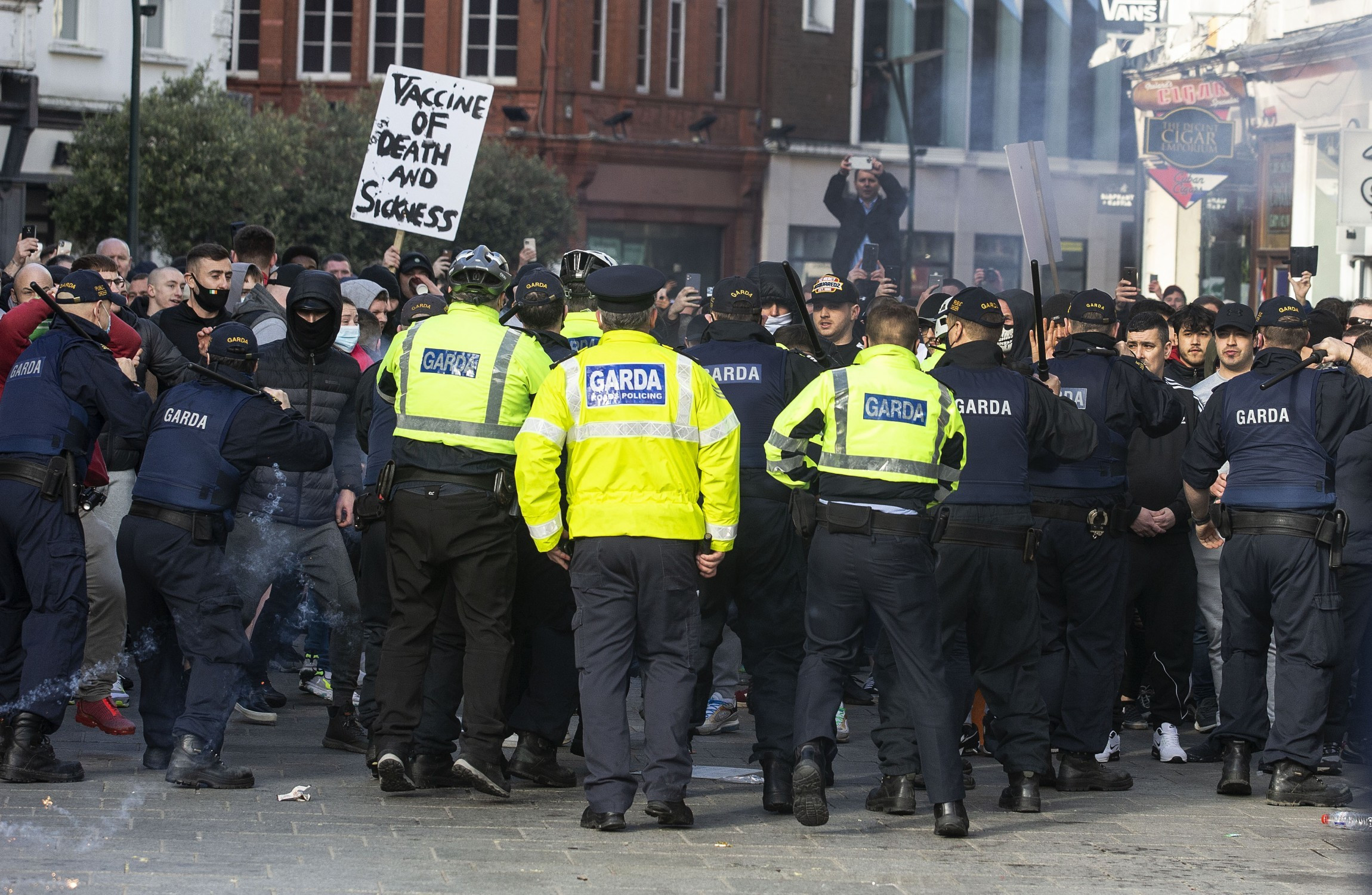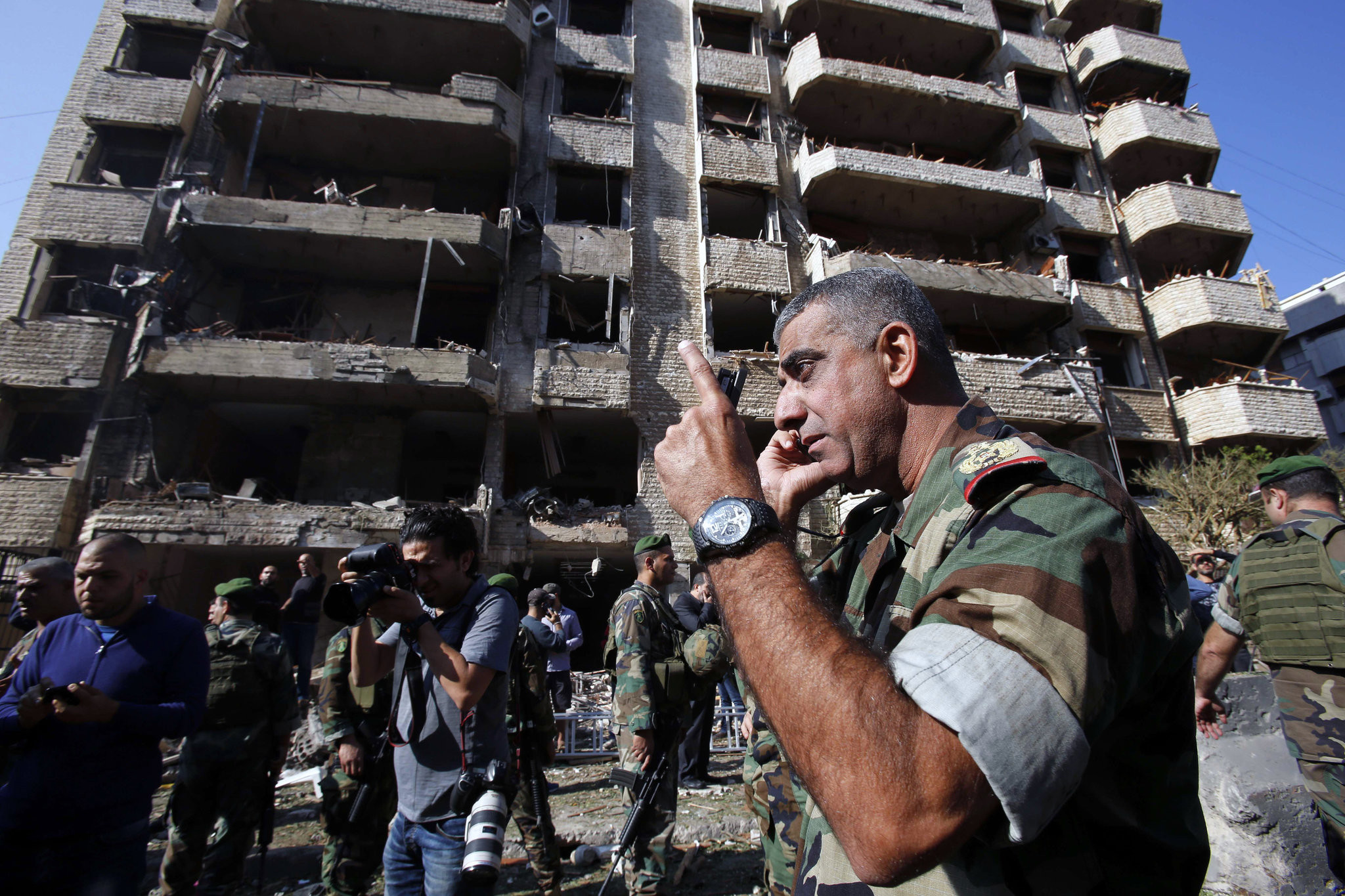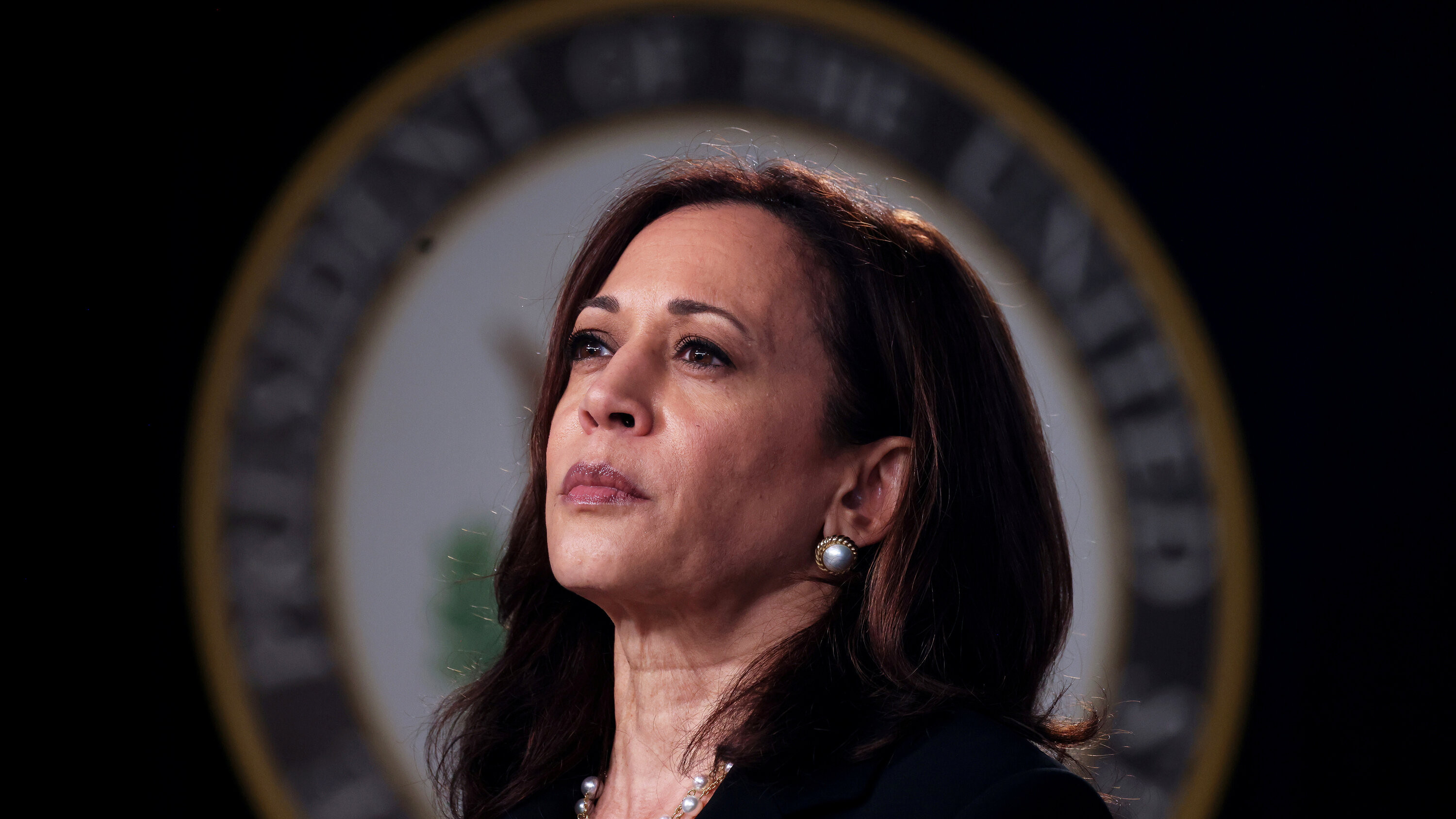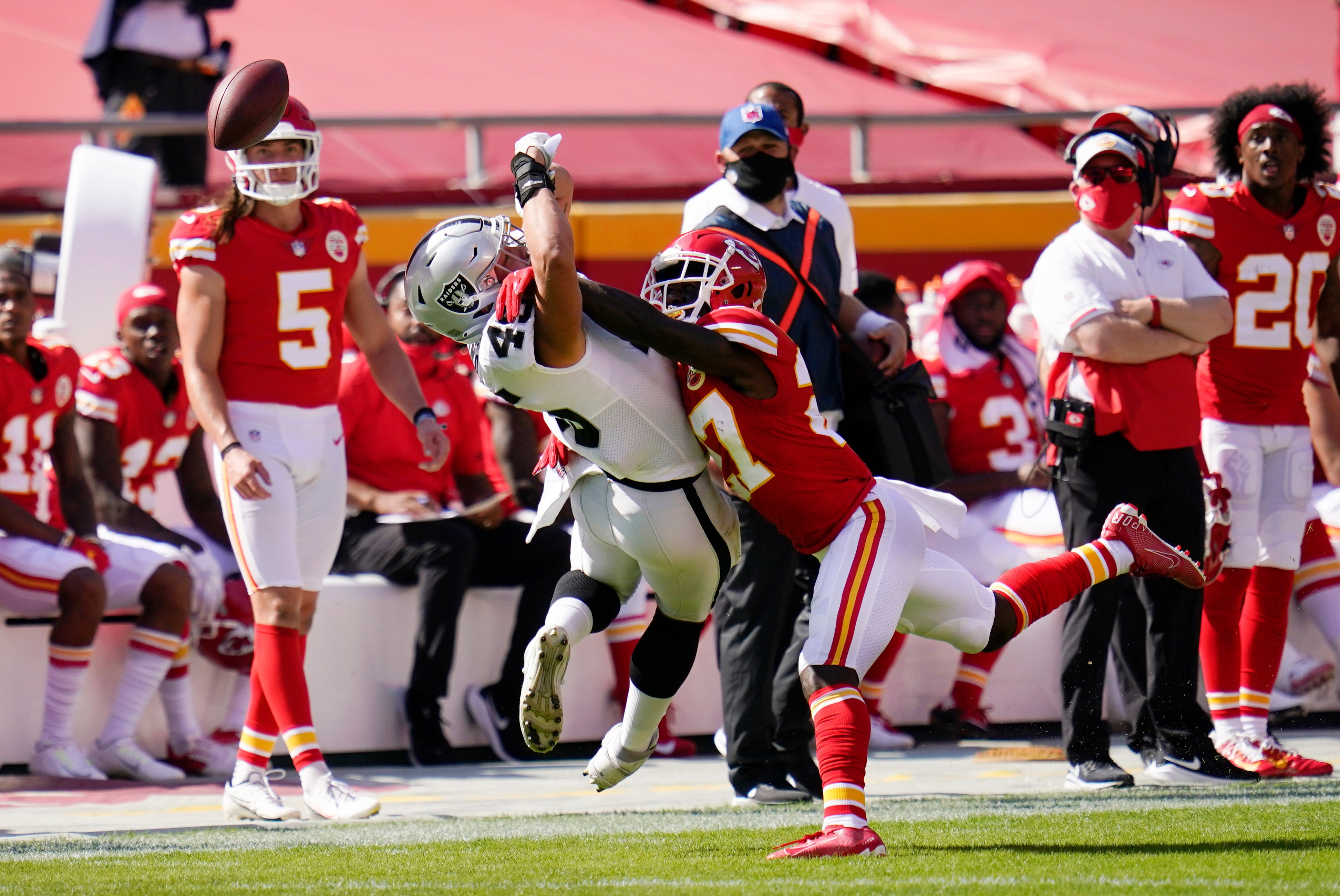Sri Lanka's New President: A Marxist Leader Faces Challenges
Sri Lanka has a new president, Anura Kumara Dissanayake, a Marxist leader who swept to victory on Sept. 21, 2024. His win has sparked debate about the future of the country, particularly in relation to its fragile economy and the delicate balancing act with global powers.
Dissanayake's victory marks another political shift in India’s neighborhood, and his party has a history with New Delhi. The JVP—founded as a revolutionary movement—was involved in two violent insurrections in Sri Lanka, both of which failed: first in 1971 and again from 1987 to 1989. India helped suppress the first uprising, leading the JVP to see New Delhi as a domineering force in the region.
Navigating Debt and Foreign Relations
Sri Lanka’s economic upheaval led to a political crisis that forced then-President Gotabaya Rajapaksa to resign in 2022. Parliament then elected the then-Prime Minister Wickremesinghe to replace him. Dissanayake's victory, however, has cast uncertainty over the economic recovery plan drafted by former liberal President Ranil Wickremesinghe.
Wickremesinghe, however, had warned that any move to alter the basics of the agreement could delay a fourth tranche of nearly $3 billion from the IMF package, which is crucial for economic stability. Days before the election Wickremesinghe’s administration also agreed in principle to restructure Sri Lanka’s foreign debt.
Sri Lanka’s new President Anura Kumara Dissanayake said Wednesday that he will soon resume discussions with the International Monetary Fund and foreign creditors to plot a way out of the worst economic crisis in the country’s history. “We expect to discuss debt restructuring with the relevant parties and complete the process quickly and obtain the funds.,” he said.
Dissanayake's win comes as Sri Lanka faces a severe foreign exchange crisis that led to a severe shortage of essentials such as food, medicine, fuel and cooking gas, and extended power outages. Sri Lanka declared bankruptcy in 2022 and suspended repayments on some $83 billion in domestic and foreign loans.
India's Role in Sri Lanka's Economic Recovery
India is Sri Lanka’s second-largest trading partner, closely behind China, and Sri Lanka is acutely dependent on India for refined petroleum. The government in Colombo is in no position to quickly switch to another supplier, regardless of its sentiments toward New Delhi. Furthermore, Sri Lanka’s leaders—no matter their ideological orientation—cannot ignore India’s the extraordinary $4 billion worth of assistance provided by India during the dire economic crisis two years ago.
China's Influence
Despite India's significant support, China has also made significant inroads in the past decade in Sri Lanka; Colombo owes nearly 11 percent of its $51 billion external debt to Beijing. Unable to maintain its interest payments on a Chinese-built port in the city of Hambantota, the Sri Lankan government was forced to grant Beijing a 99-year lease in 2019. Given these competing forces, the new government must maintain good relations with India without rebuffing China.
The Future of Sri Lanka
It is too early to say what Dissanayake's presidency will mean for Sri Lanka, but his victory has signaled a shift in the country's political landscape. With the economy in a precarious state, Dissanayake will face enormous pressure to deliver on his promises and restore stability. Navigating the delicate balance between India and China will be crucial, as will securing a viable path out of the country's debt crisis.
The world will be watching closely to see how Dissanayake handles the challenges ahead. Sri Lanka's future hangs in the balance, and the choices he makes will have far-reaching consequences for both the country and the region.




